(De-)centralization in the Automotive Retail
The (de)centralization of markets has always been an important topic in politics and business. In recent years, we have noticed different approaches in both directions among our clients.
We are interested: Why is this the case? Why are different approaches being taken in the automotive industry? What does this mean for dealers? And how are new competitors in the market doing it? Read more about this in our latest impulse. We look forward to your feedback.
Do changing market needs in relation to online business in the automotive industry require manufacturers to centralize?
„How much power should I give to our manufacturer’s markets and which processes should be controlled centrally from headquarters?“ – a question that many board members in our industry ask themselves.
In order to approach the issues raised in this impulse, we want to examine the aspect from a procedural-systemic, financial and legal perspective.
When it comes to processes and systems, classic arguments from business administration quickly spring to mind: The more processes and systems are provided and controlled centrally, the more synergies can be worked out between markets or decision-making processes can be driven forward much faster. On the other hand, the individual needs of the market may not be sufficiently taken into account, as responsibilities are not located where the challenges arise.
If the topic is examined from a financial perspective, it becomes clear that decentralized approaches make it possible to localize success in the manufacturers’ markets and thus ensure greater transparency regarding the performance of individual business areas. This increases identification with the job and motivation of the people involved. On the other hand, there is the problem of transfer prices within a company, which leads to a loss of efficiency on a macro level.
From a legal perspective, decentralization in the international automotive industry in particular entails the risk of being confronted with different interpretations of the law. Furthermore, the different legal forms of the companies pose additional challenges. Unfortunately, even centrally positioned car manufacturers have to contend with difficulties from a legal perspective, for example when it comes to the rights of use of systems for the individual markets or the issue of data protection.
So much for the theory – but what does that mean in concrete terms? Anyone who reads our Impulse regularly knows that, in our view, the most important development in the industry is the trend towards online business – mainly for sales, but also for after sales. Many manufacturers are betting that their vehicles will increasingly be sold via the Internet in future and no longer exclusively through dealers. If we follow this assumption, we can draw a number of conclusions for this analysis:
In terms of processes and systems, it may be understandable that different markets use different sales workstations and different dealer management systems, for example – in other words, decentralized approaches are pursued. However, if online business is set to increase in the coming years, we believe it is advisable to no longer develop processes and systems locally, but to provide them centrally and adapt them locally. Here you can also look at lessons learned from other industries: Understandably, every travel agency needs its own software to sell travel – but when Lufthansa sells flights via its homepage, this is done worldwide via a standardized system.
From a financial perspective, a certain degree of autonomy in the markets is advisable in the traditional retail business, as the controlling department, for example, is responsible for many activities relating to the settlement of premiums and bonuses. In our view, this construct is greatly simplified in the agency business. The models are offered at certain prices with much less room for negotiation for the customer and therefore also for the market itself. This trend is confirmed when looking at relatively young competitors such as Tesla or Aiways: quite rigid pricing models are already being used here so that, in our expert opinion, centralized approaches will prevail.
The arguments cited above with regard to the legal perspective change only minimally as a result of the agency business, meaning that there are no significant implications for this analysis. In the first step, the business only shifts from the geographical regions of a market to the market itself, which does not initially entail any legal changes.
In summary, it can be said that the current development of the business towards online sales and away from the retail business is certainly presenting manufacturers with new structural challenges. At the very least, it is questionable whether the effort required for decentralized sales organizations will still be worthwhile in the future. New competitors are already taking a centralized approach and it remains to be seen whether the “classic” automotive world will follow suit.

Tobias Bald
Partner
More impulses
- 2024
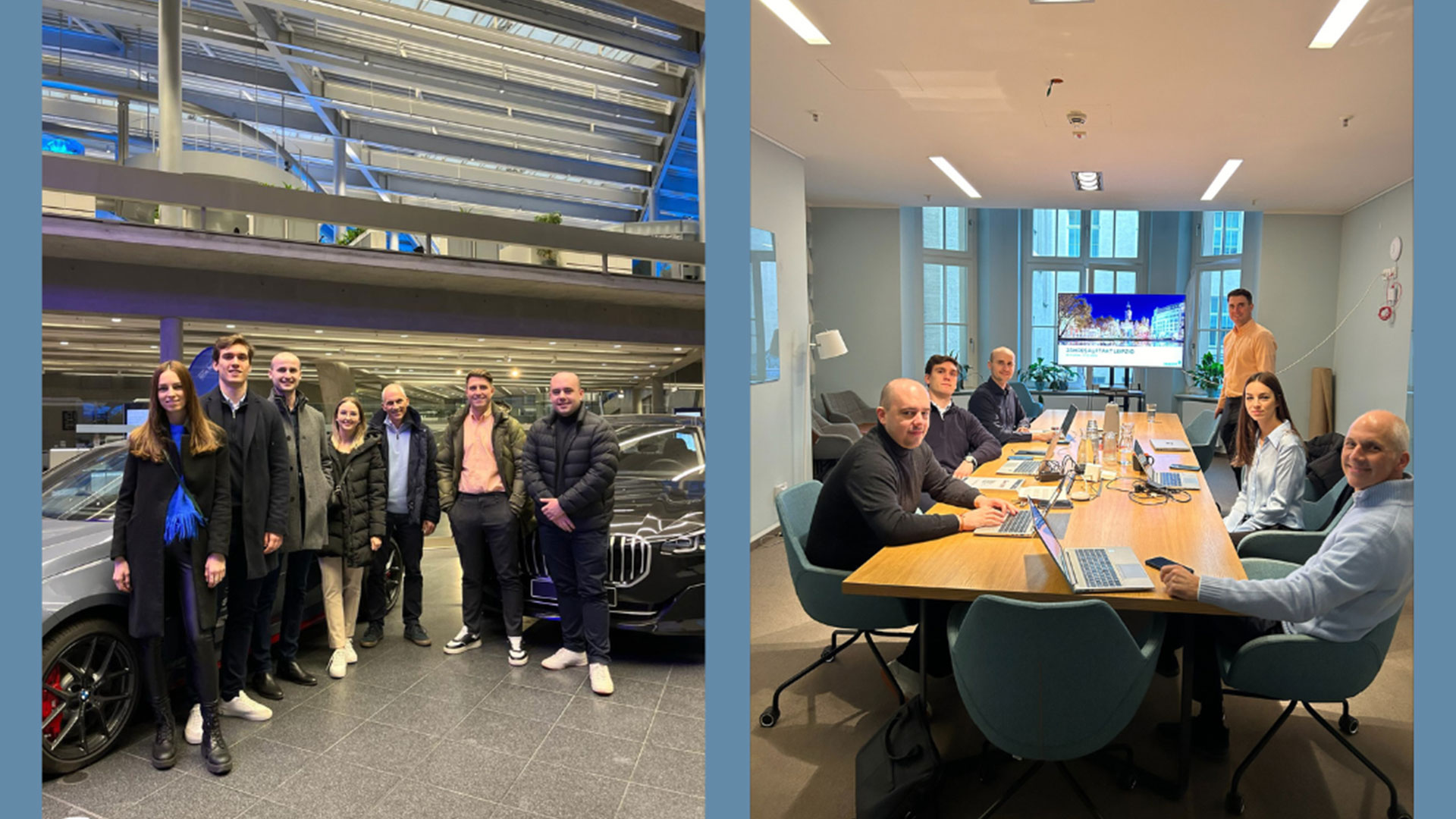
Panoff Automotive Retail Team Gears Up for a Dynamic 2024!
02 Feb - 2024
Last week, our team gathered for our annual kick-off meeting, setting the stage for a...
- 2023
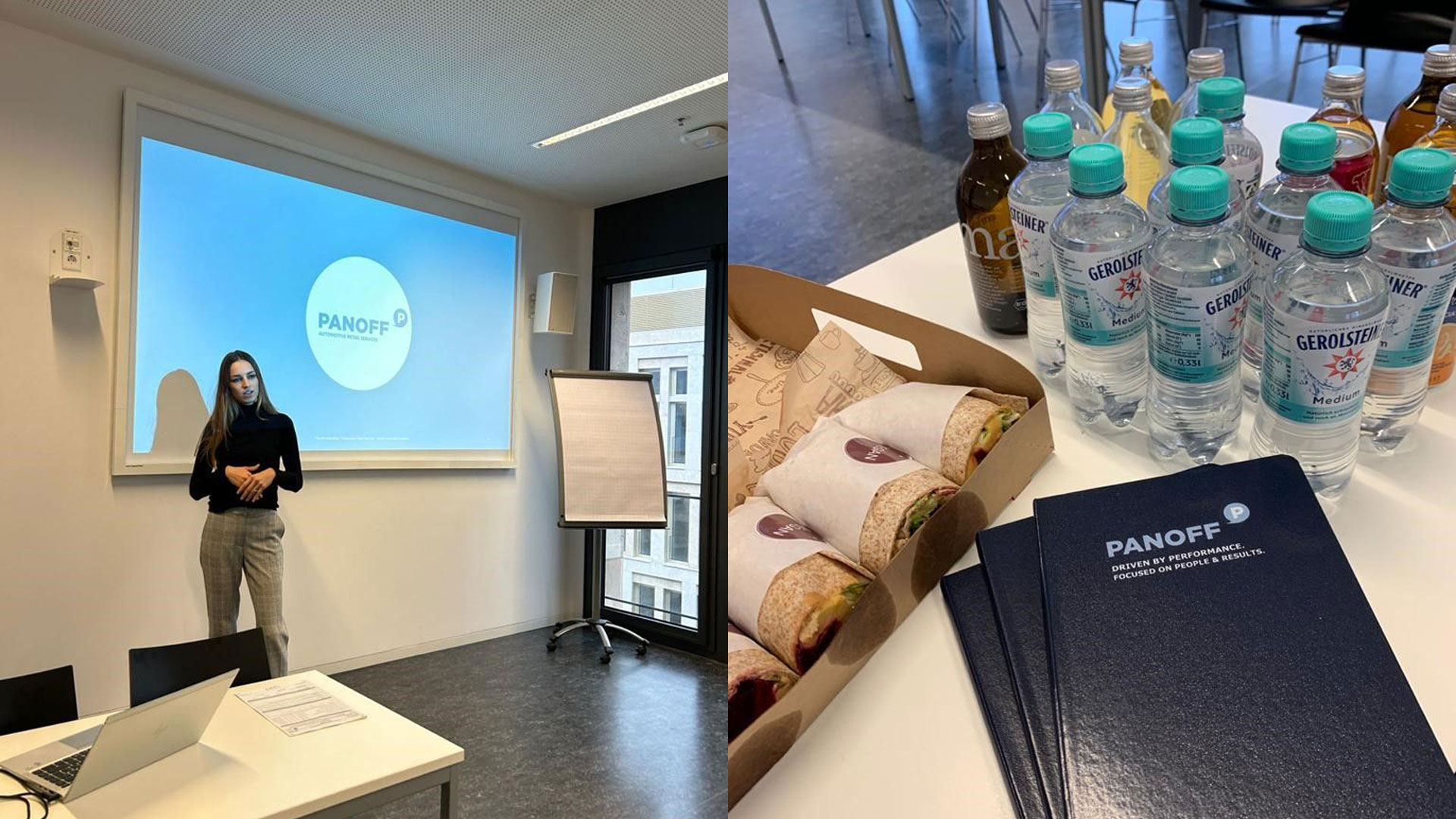
Bridging Academia with Industry at Goethe University Frankfurt!
06 Dec - 2023
Last week, our colleagues Kristin H. and Marco Ueberall had the opportunity to visit the...
- 2023
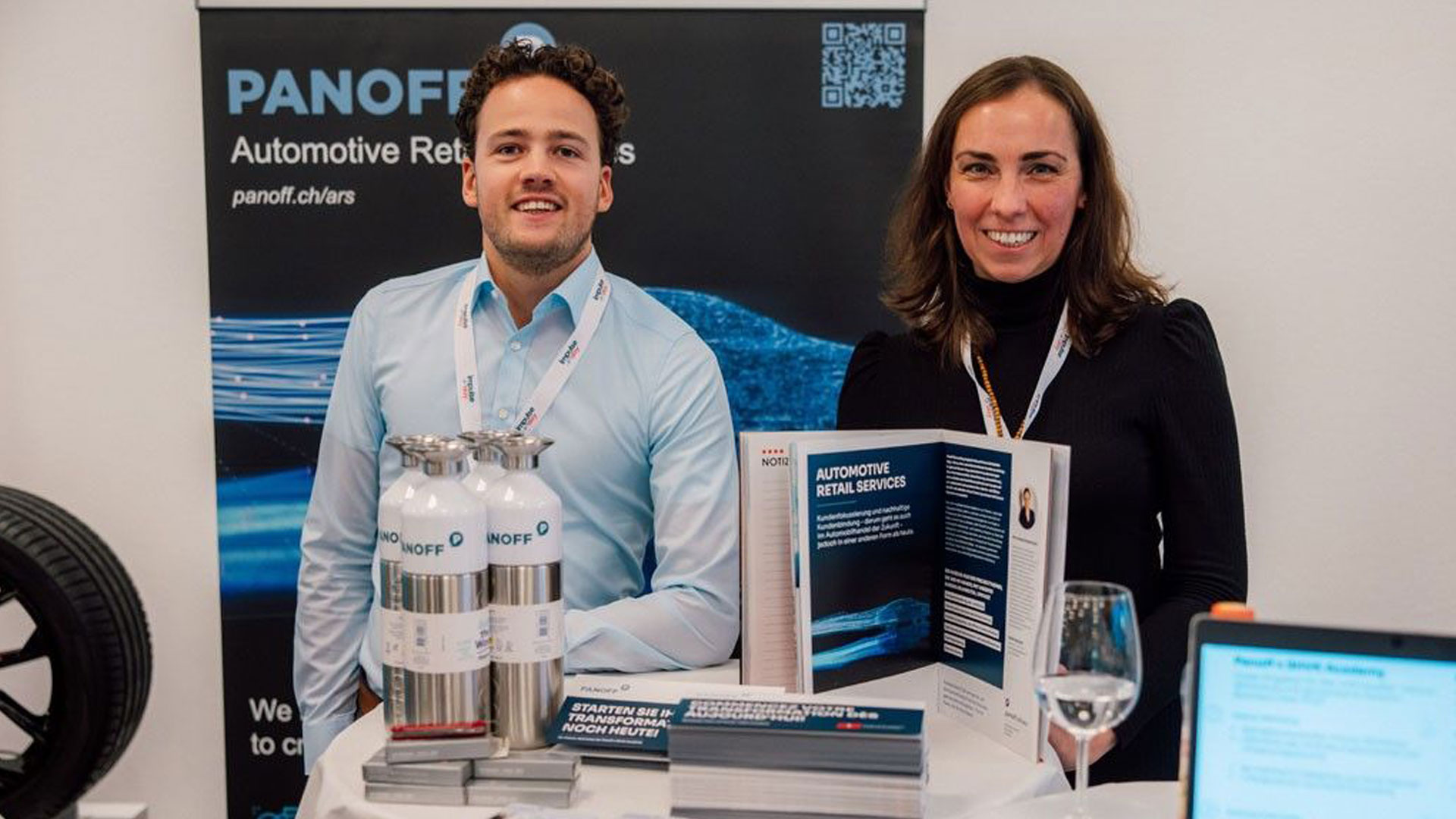
Our colleagues Heike Spengler and Berend Hoitink proudly launched the Panoff x SHVK Academy during the second Impulse Day.
29 Nov - 2023
Our colleagues Heike Spengler and Berend Hoitink proudly launched the Panoff x SHVK Academy during...
- 2023
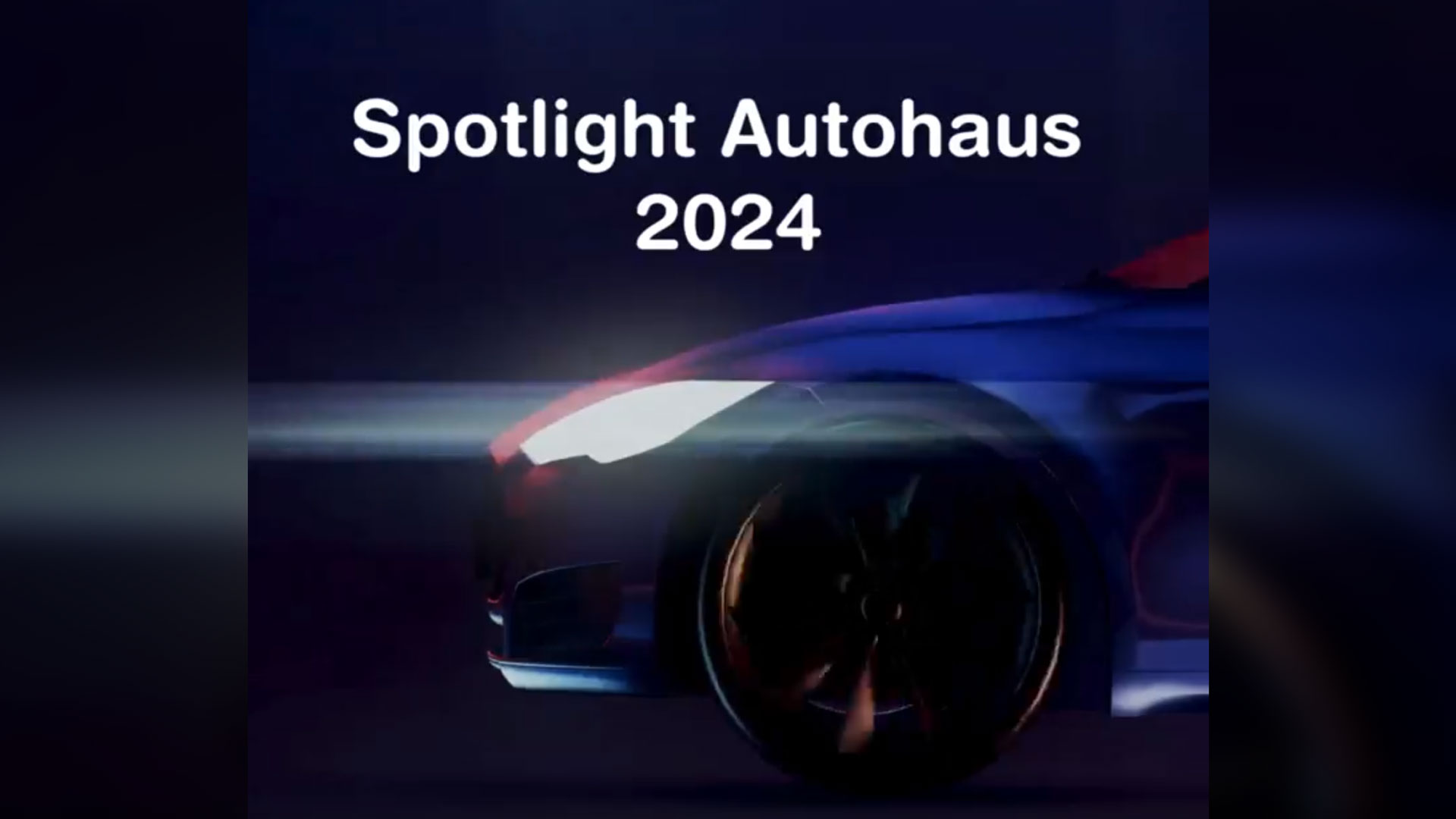
- 2023
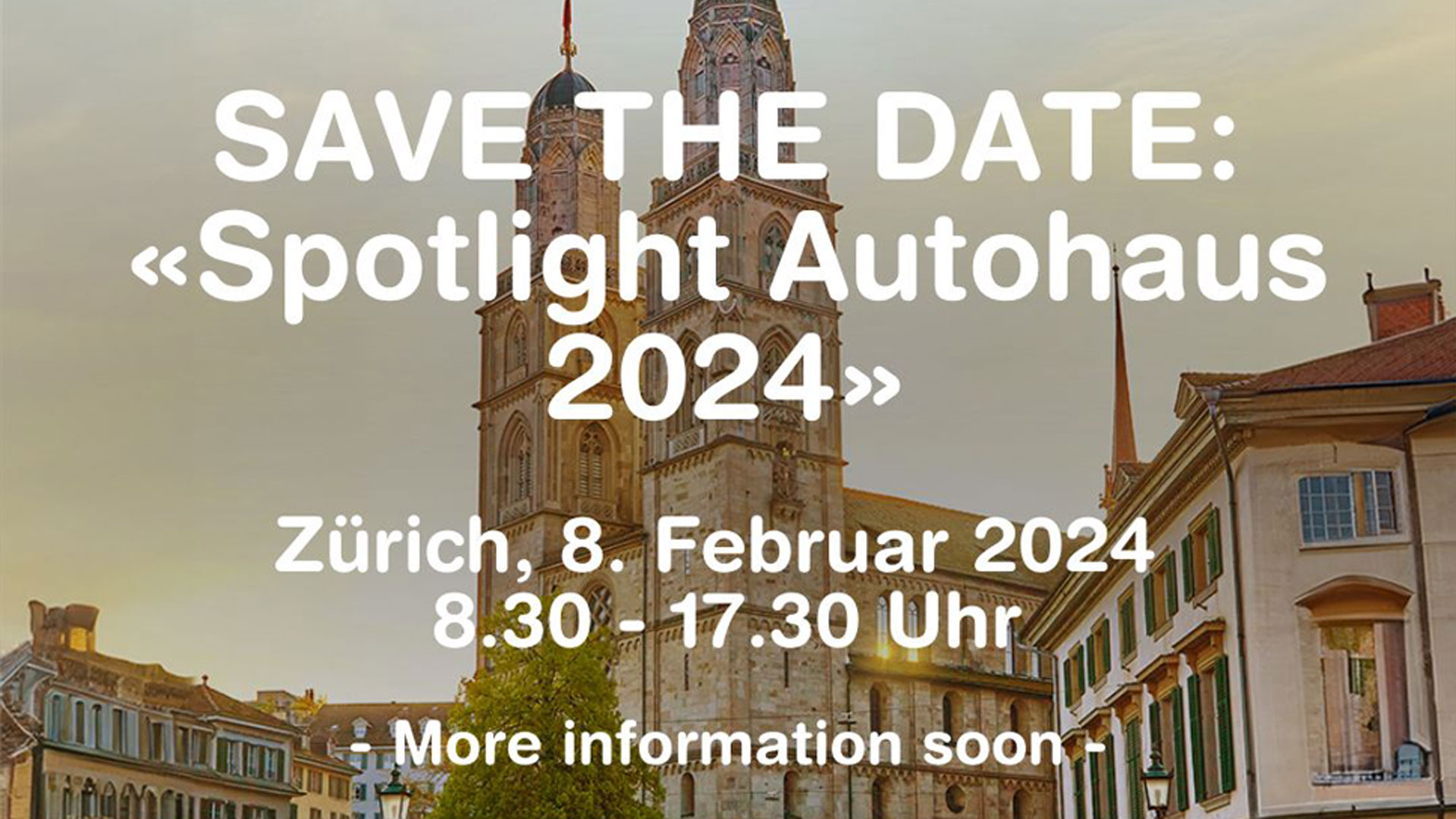
Save the Date: “Spotlight Autohaus 2024”
20 Nov - 2023
Relevante Themen aus der Automobilbranche: Eine einzigartige Kombination aus Fachinputs und direkter anschliessender Anwendung in...
- 2023
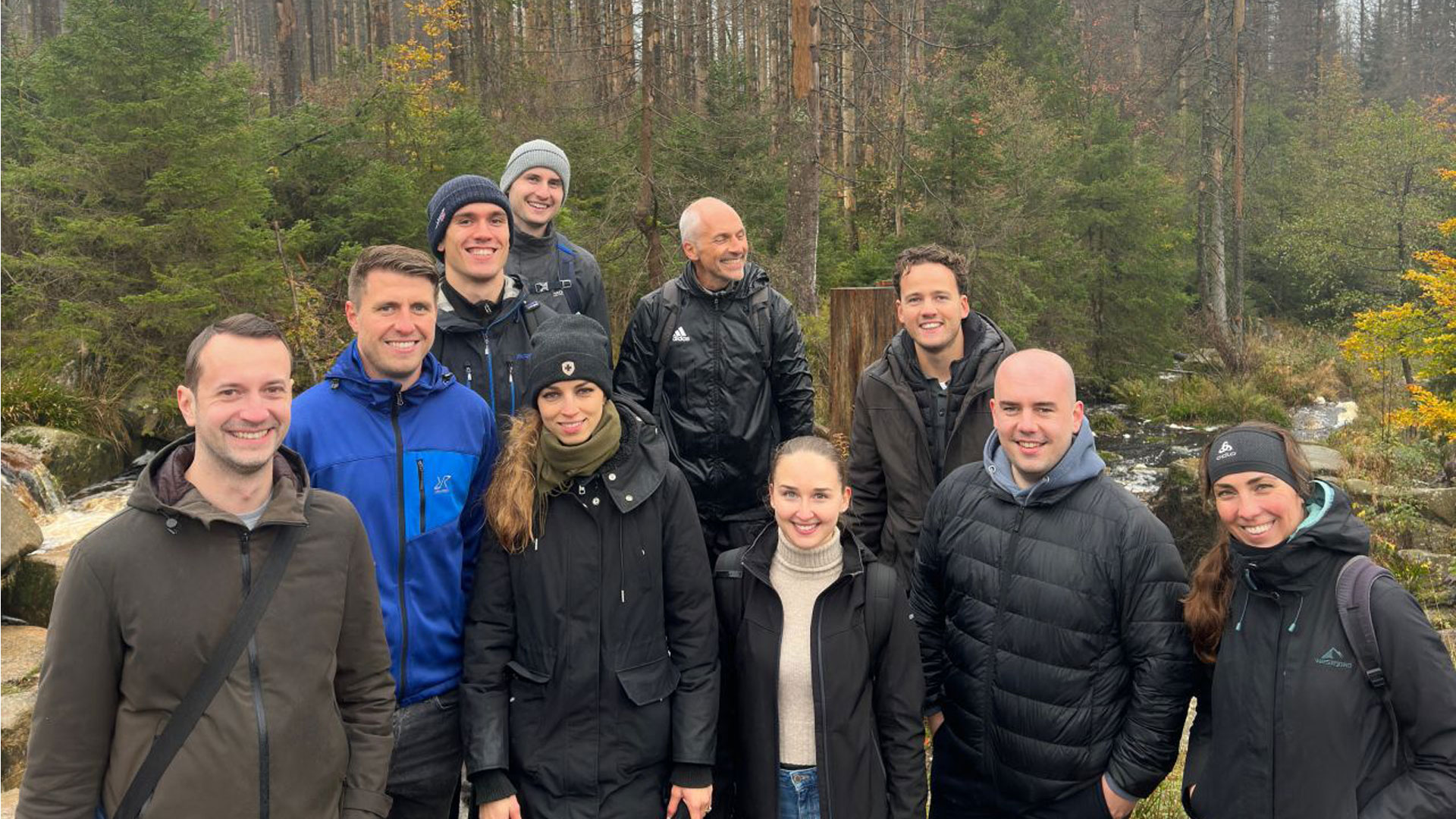
Our automotive team embarked on a transformative offsite workshop in the heart of the Harz forest
15 Nov - 2023
Our offsite was a powerful commitment to living out our purpose and values as a...
- 2023

Exciting Autumn Event Season at Panoff Consulting!
21 Oct - 2023
Exciting Autumn Event Season at Panoff Consulting!
- 2023
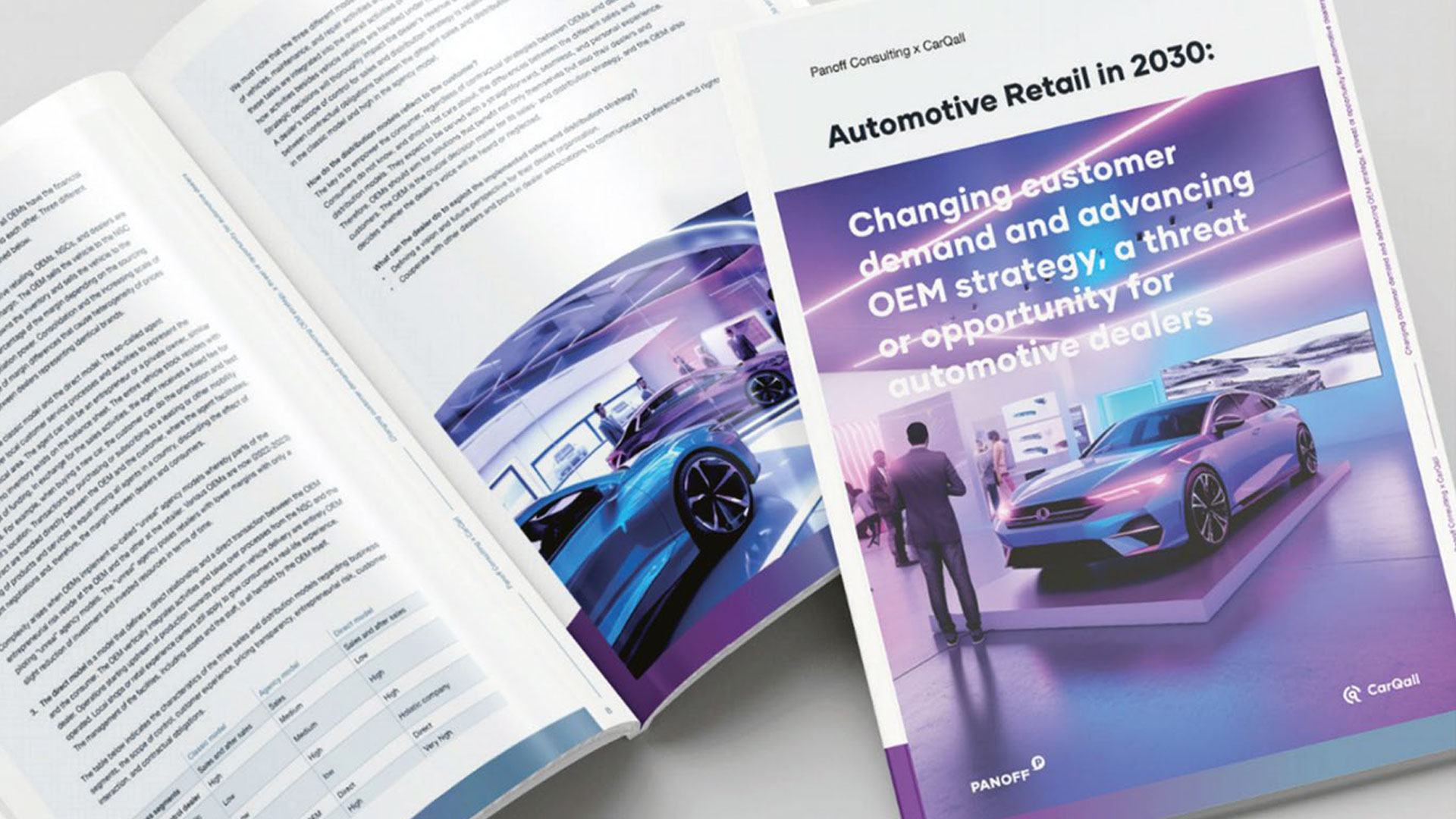
Digital strategy in the car dealership
02 Oct - 2023
A recent industry study shows: Sustainable success in automotive retail depends on a clear and...
- 2023

Berend Hoitink from Panoff Consulting and Hielke Ytsma from CarQal
02 Oct - 2023
Berend Hoitink and Hielke Ytsma share insights into the digital transformation of the automotive industry....
- 2023
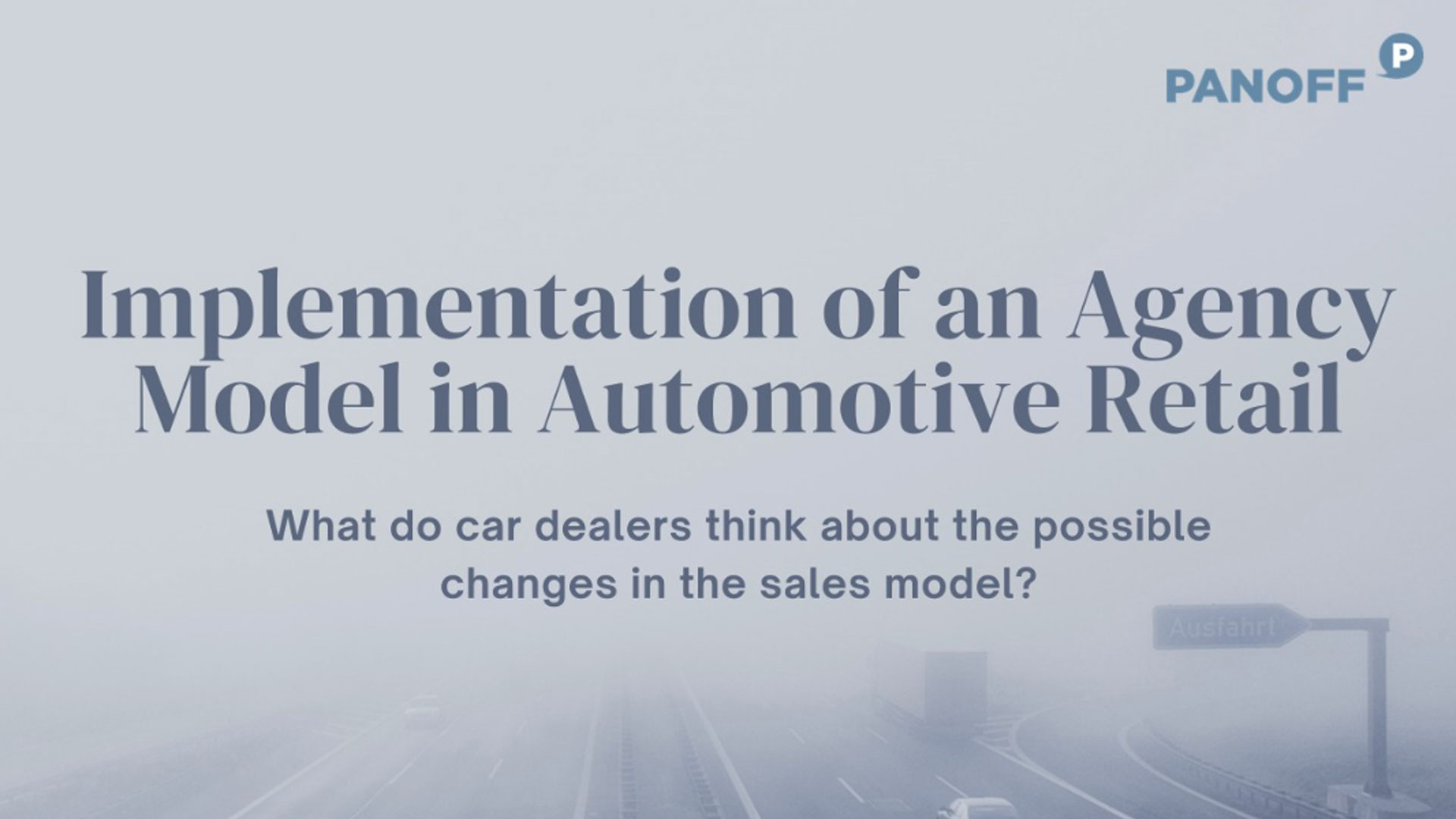
Is the Agency Model the Future of Automotive Retail?
20 Aug - 2023
Panoff Consulting explored the agency model's impact on the automotive industry by gathering insights from...
- 2023

The Swiss consulting firm Panoff Consulting opens a Dutch branch office
02 Aug - 2023
The Swiss consulting firm Panoff Consulting enters the Dutch market. This was announced by the...
- 2023
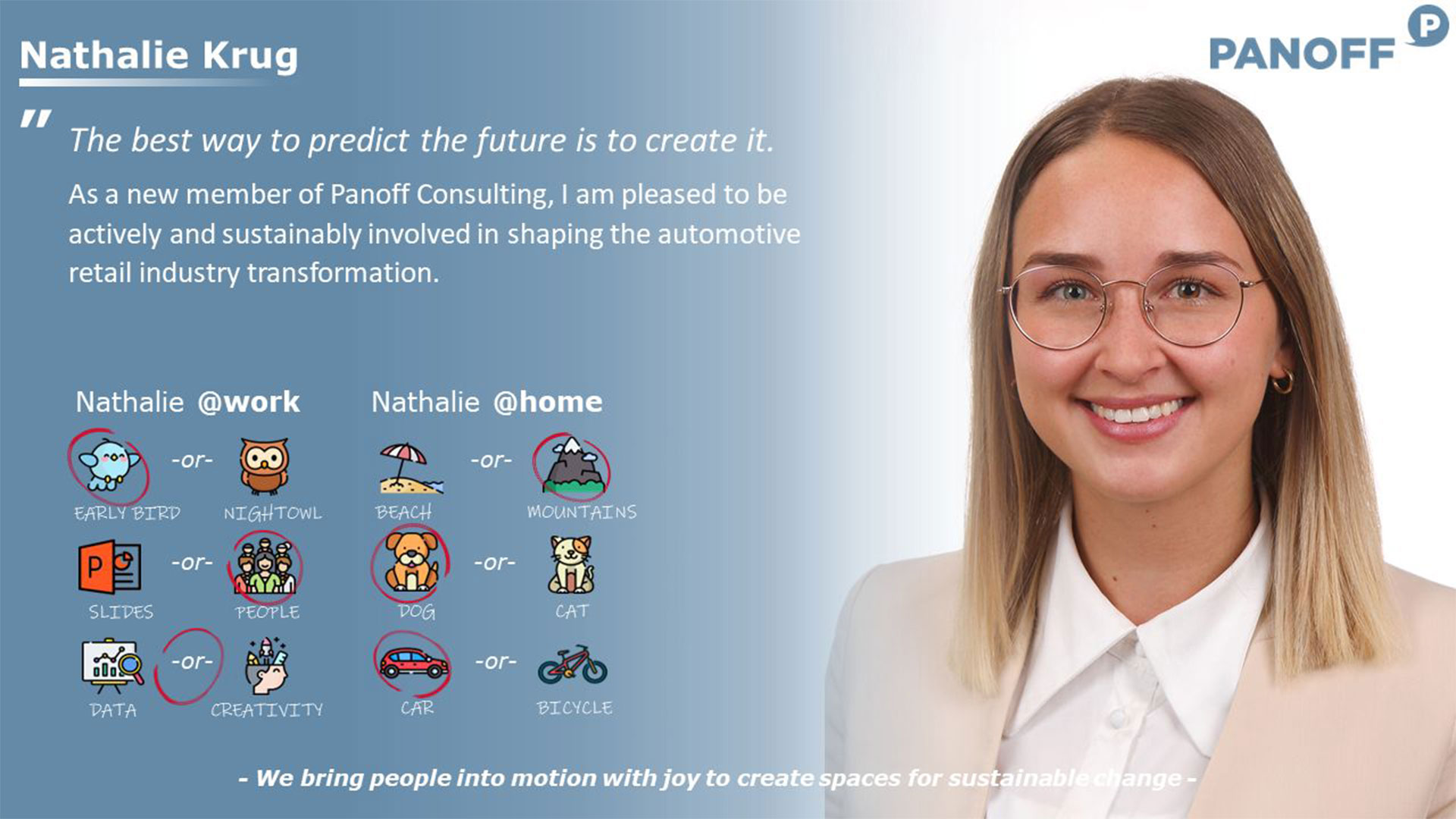
Welcome to our team Nathalie Krug!
10 Jul - 2023
Nathalie joined Panoff Consulting GmbH last week and we are happy to enlarge our automotive...
- 2023
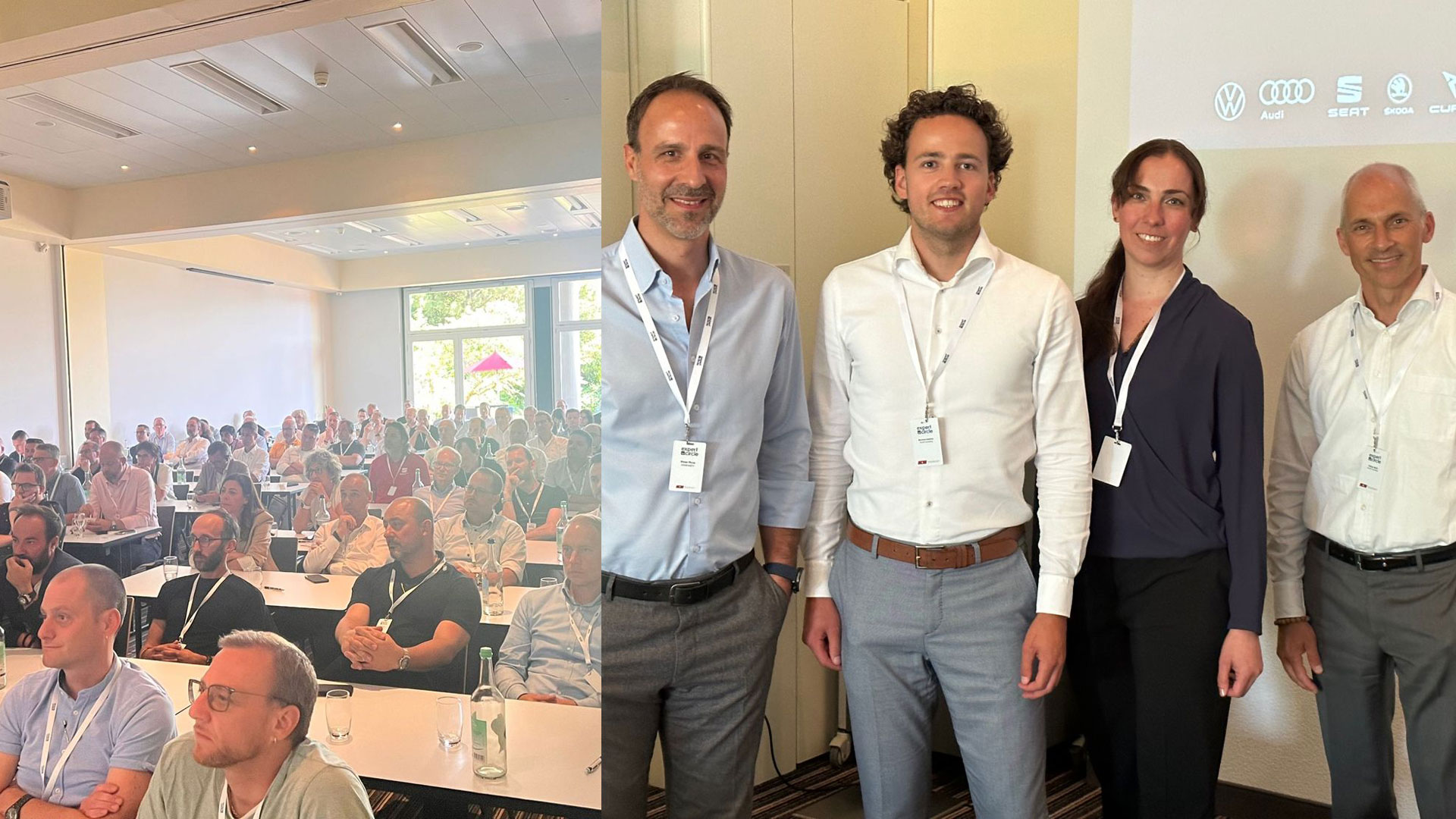
What is the future of my dealership?
20 Jun - 2023
OEMs are developing new agency sales structures and processes that massively impact dealers' operations and...
- 2023
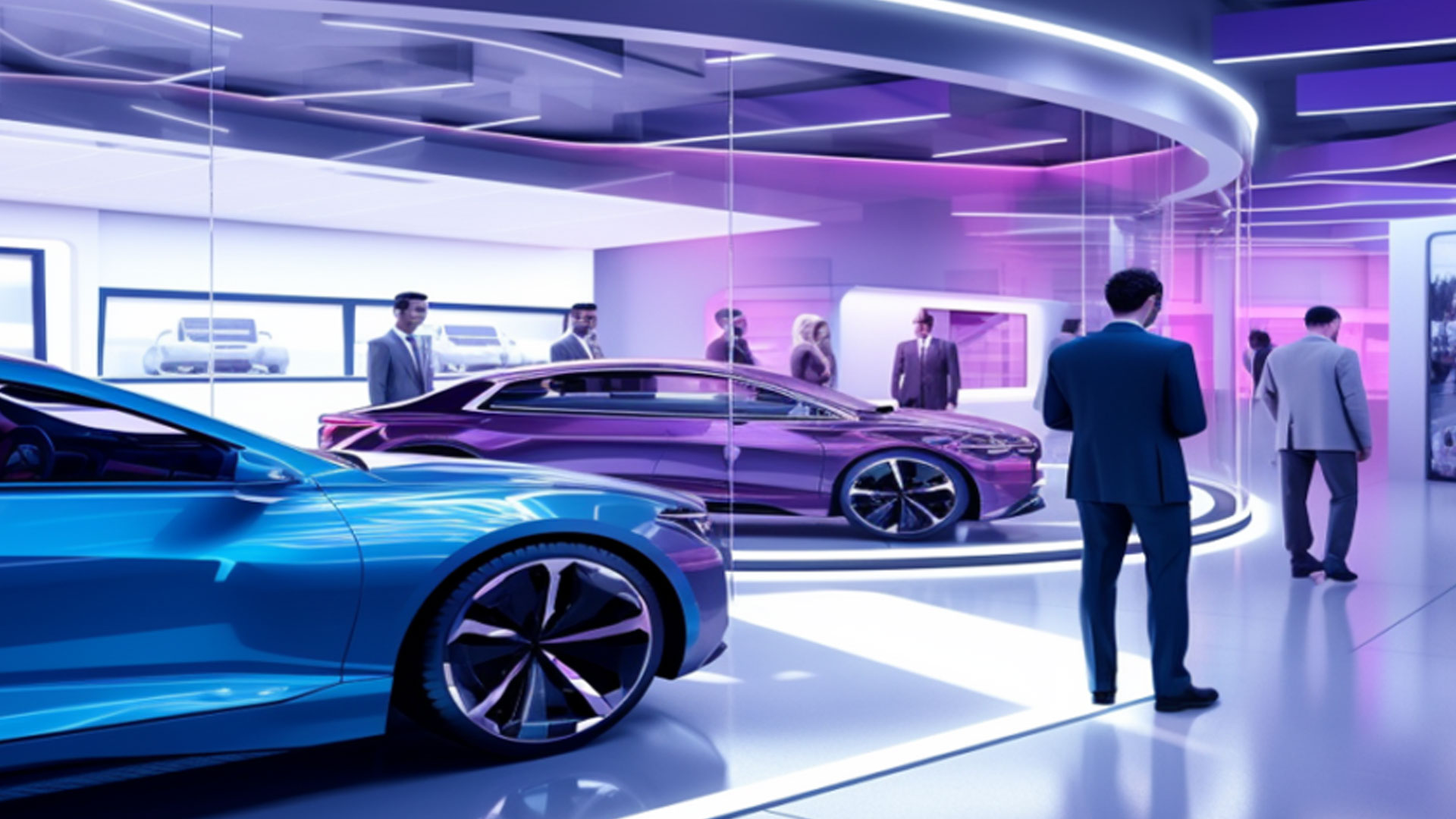
We are excited to announce our collaboration with CarQall – AI Voice Assistant
20 Jun - 2023
Are you a CIO or managing digital transformation in automotive retail? "Automotive Retail in 2030"...
- 2023
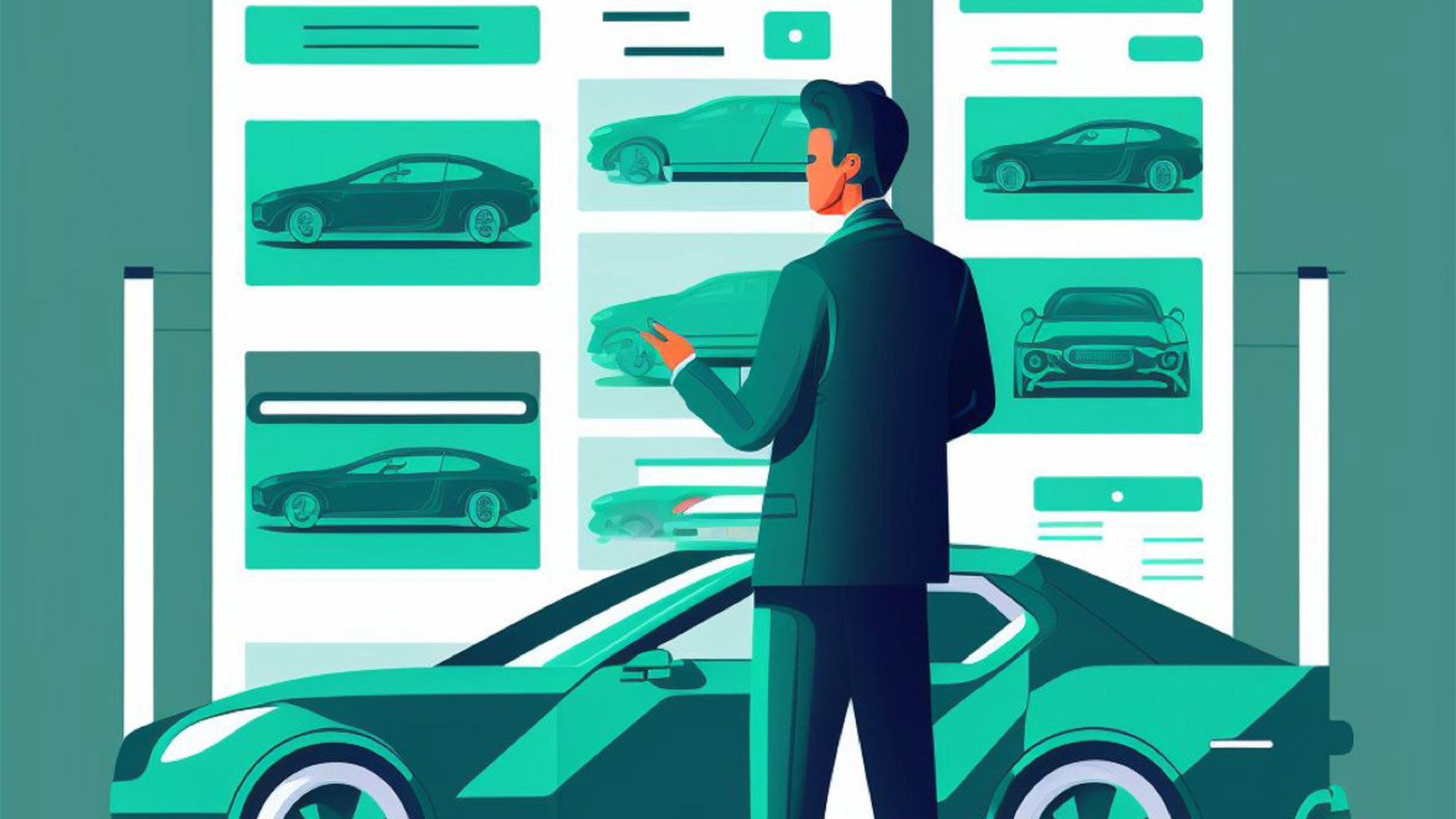
How to make use of AI in automotive retail?
20 May - 2023
Artificial intelligence (AI) is no longer a dream of the future; it is already a...
- 2023
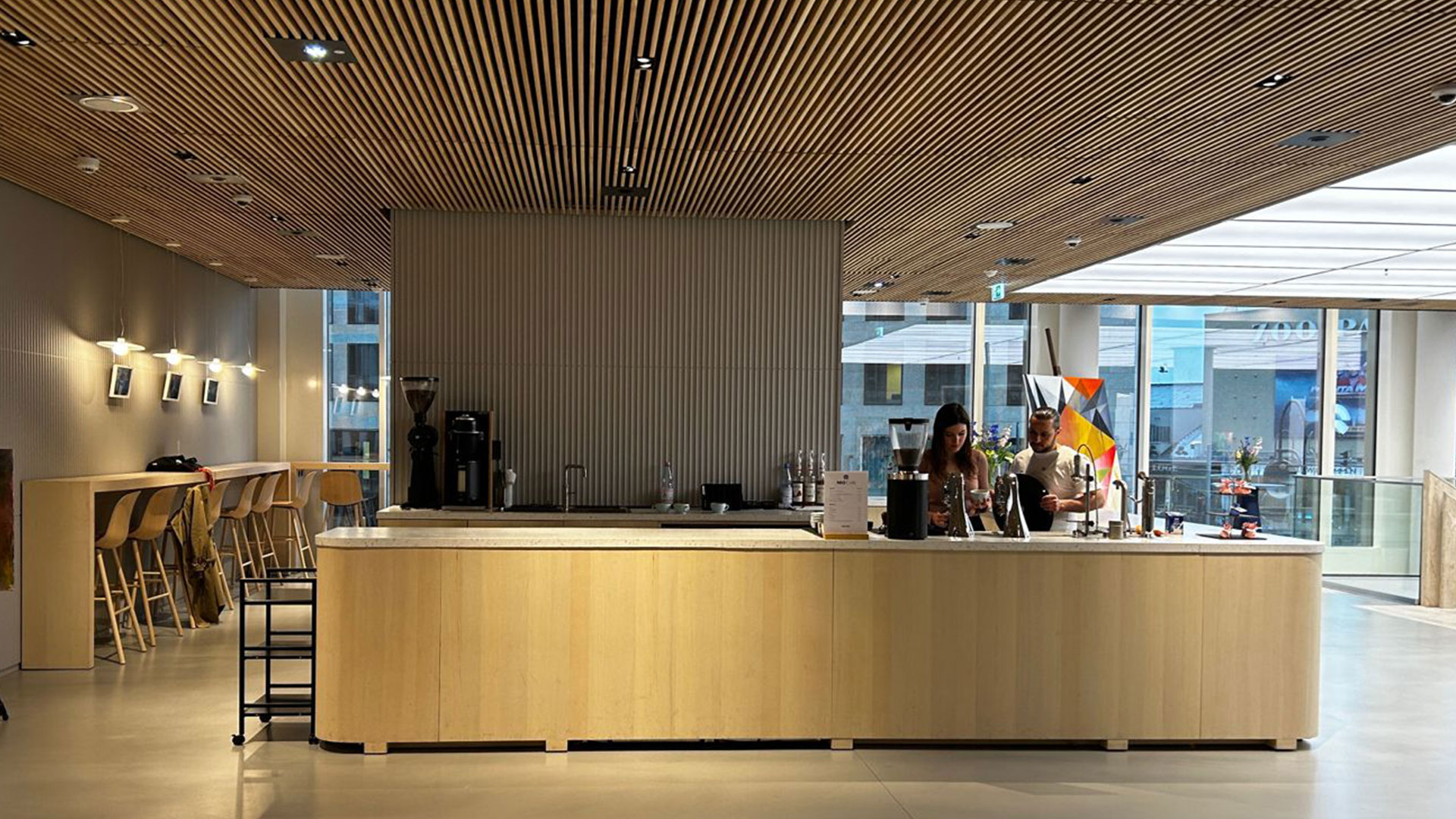
Chinese car manufacturers are actively entering the European car market CN
21 Apr - 2023
Formerly their product quality was critical, nowadays it is at least equal to European manufacturers....
- 2023
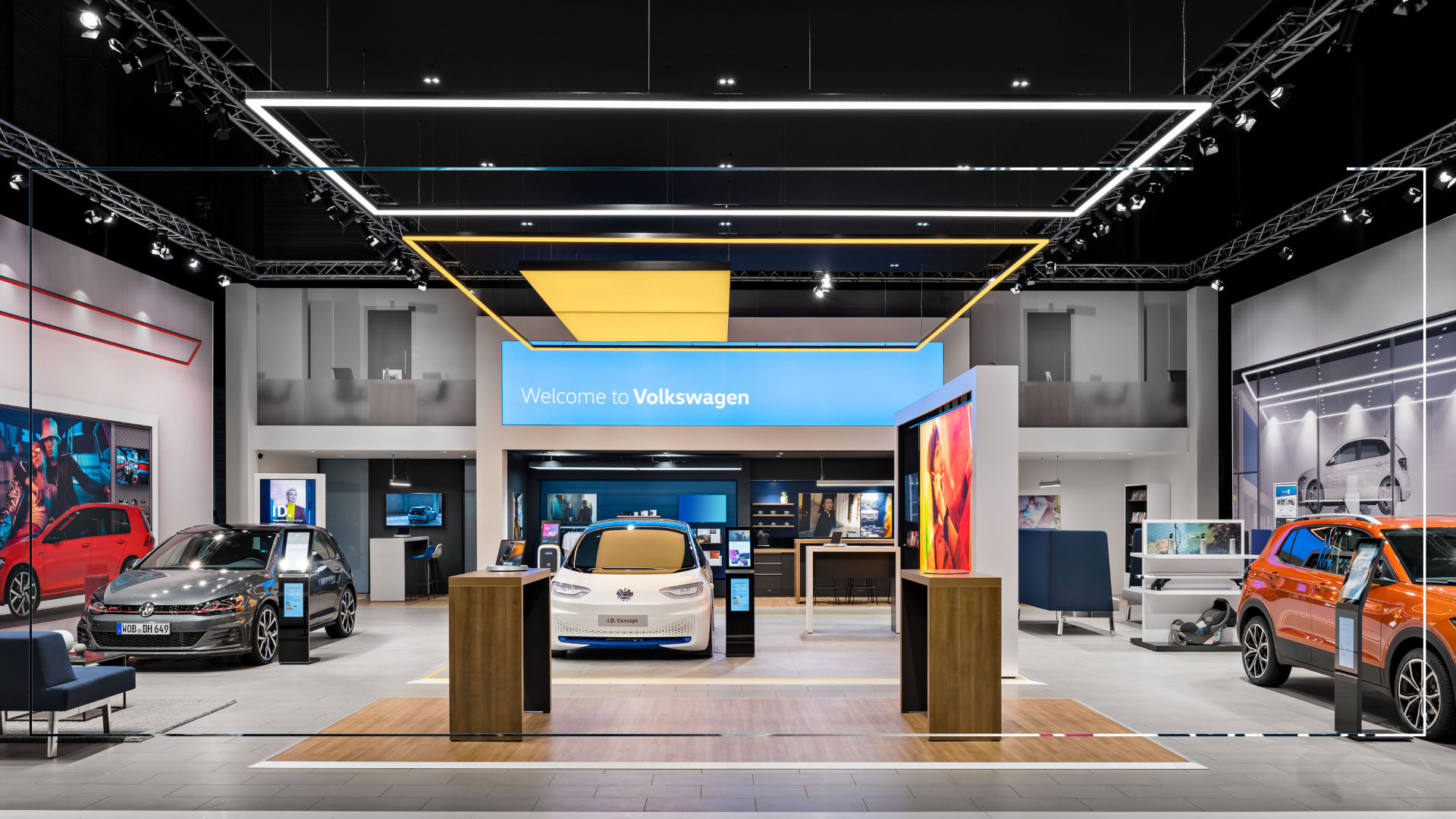
Case – Web2Retail
20 Apr - 2023
The customer experience is no longer a 12-step sales process. We are moving, and manufacturers...
- 2023
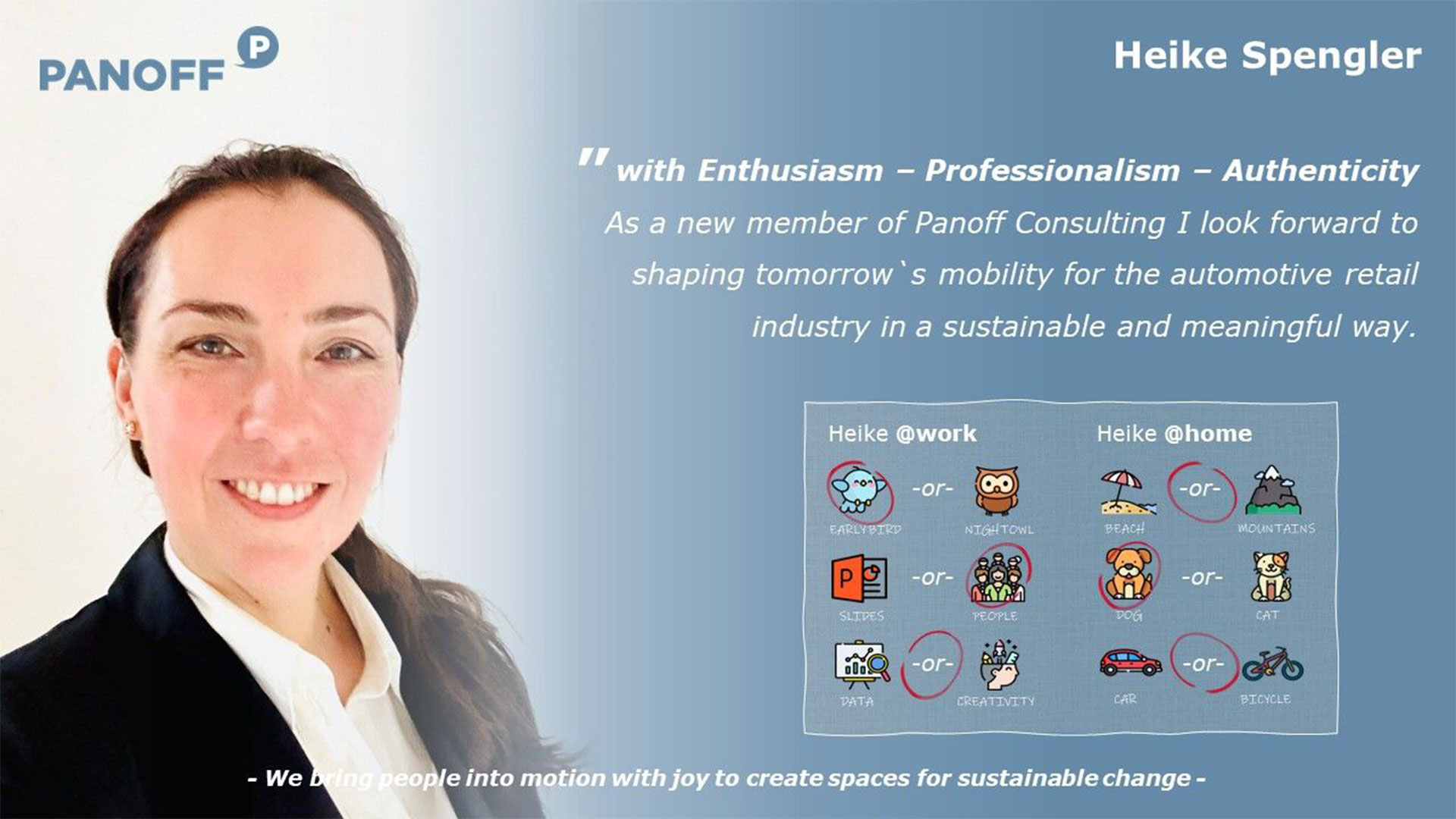
Welcome Heike!
10 Apr - 2023
Heike Spengler joins our automotive team to increase our presence in the Swiss & German...
- 2023
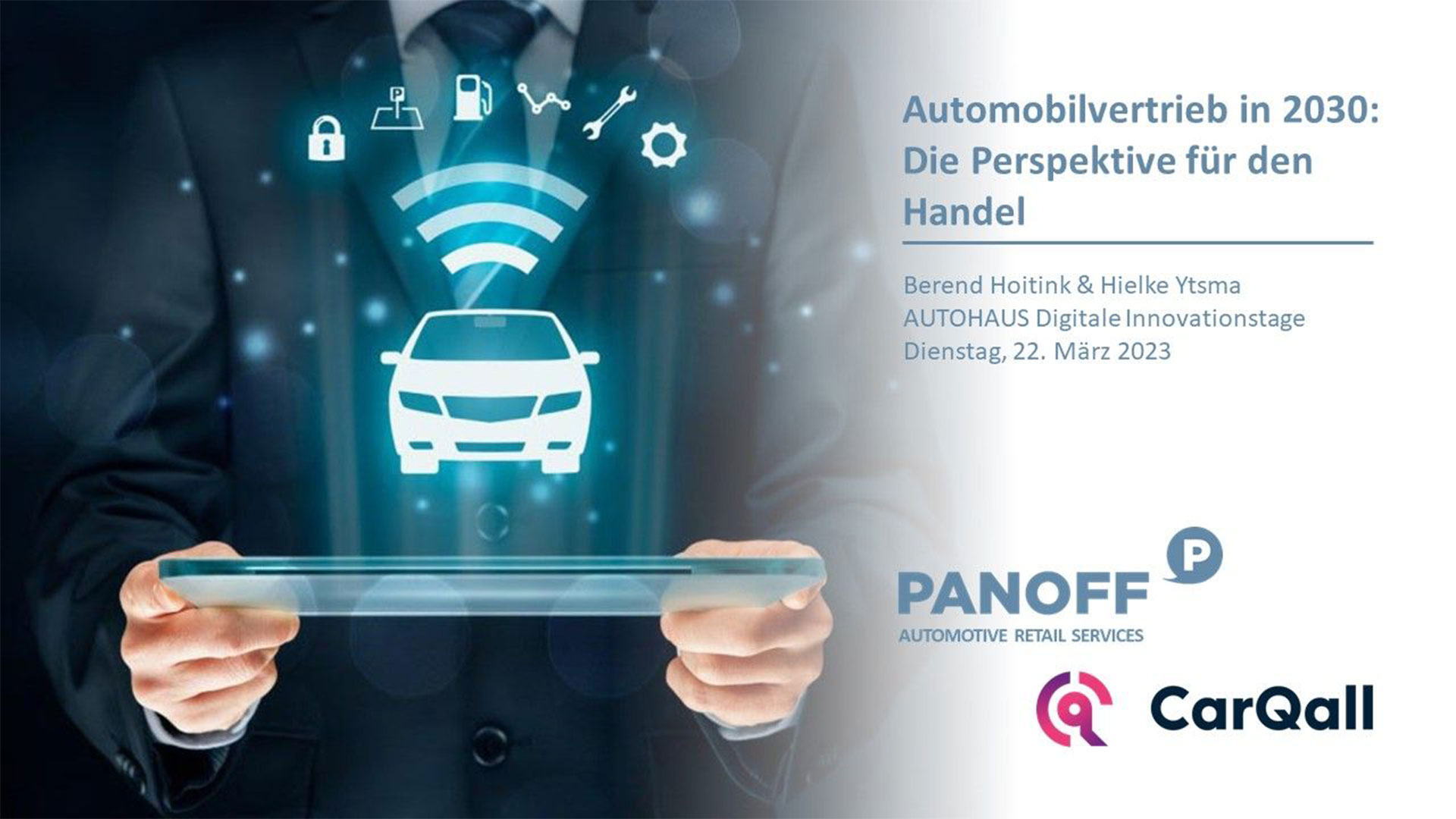
Automotive retail in 2030: The perspective for retailers
21 Mar - 2023
The environment of the automotive retailer is changing due to changing customer demand, new market...
- 2023
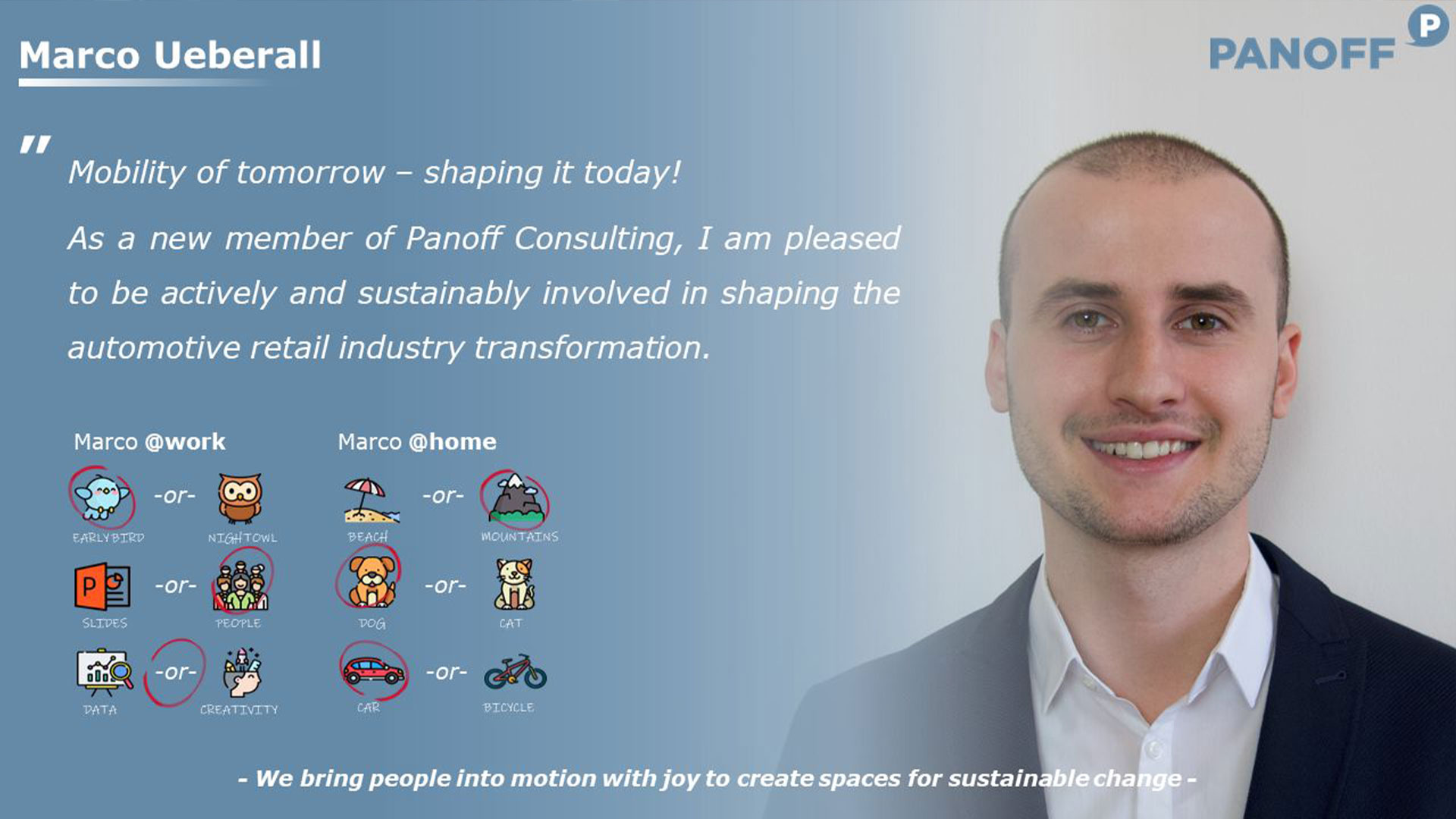
Welcome Marco!
21 Feb - 2023
Marco recently graduated in Automotive and Mobility Business at Nürtingen-Geislingen University (HfWU) and joined Panoff...
- 2023

What is the impact of mobility on the environment?
21 Jan - 2023
Personal mobility is one of the greatest goods of humanity, but it also comes with...
- 2022

Strengthening brand loyalty through an excellent customer journey
15 Oct - 2022
Current world events have been causing supply problems in various sectors for a number of...
- 2022
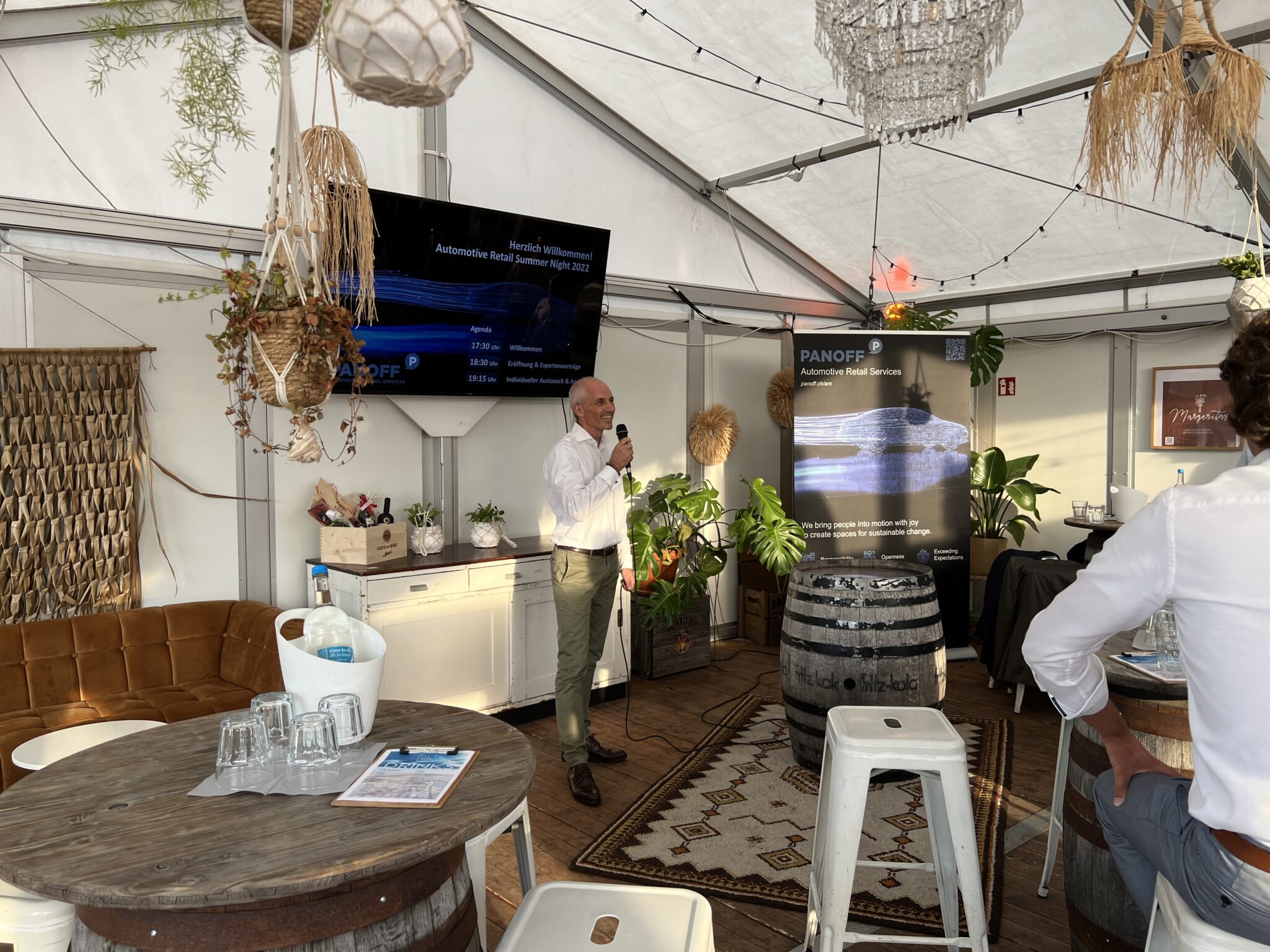
Customer event: ARS Summer Nights
05 Sep - 2022
Last Monday, the first edition of our Automotive Retail Summer Night took place on the...
- 2022
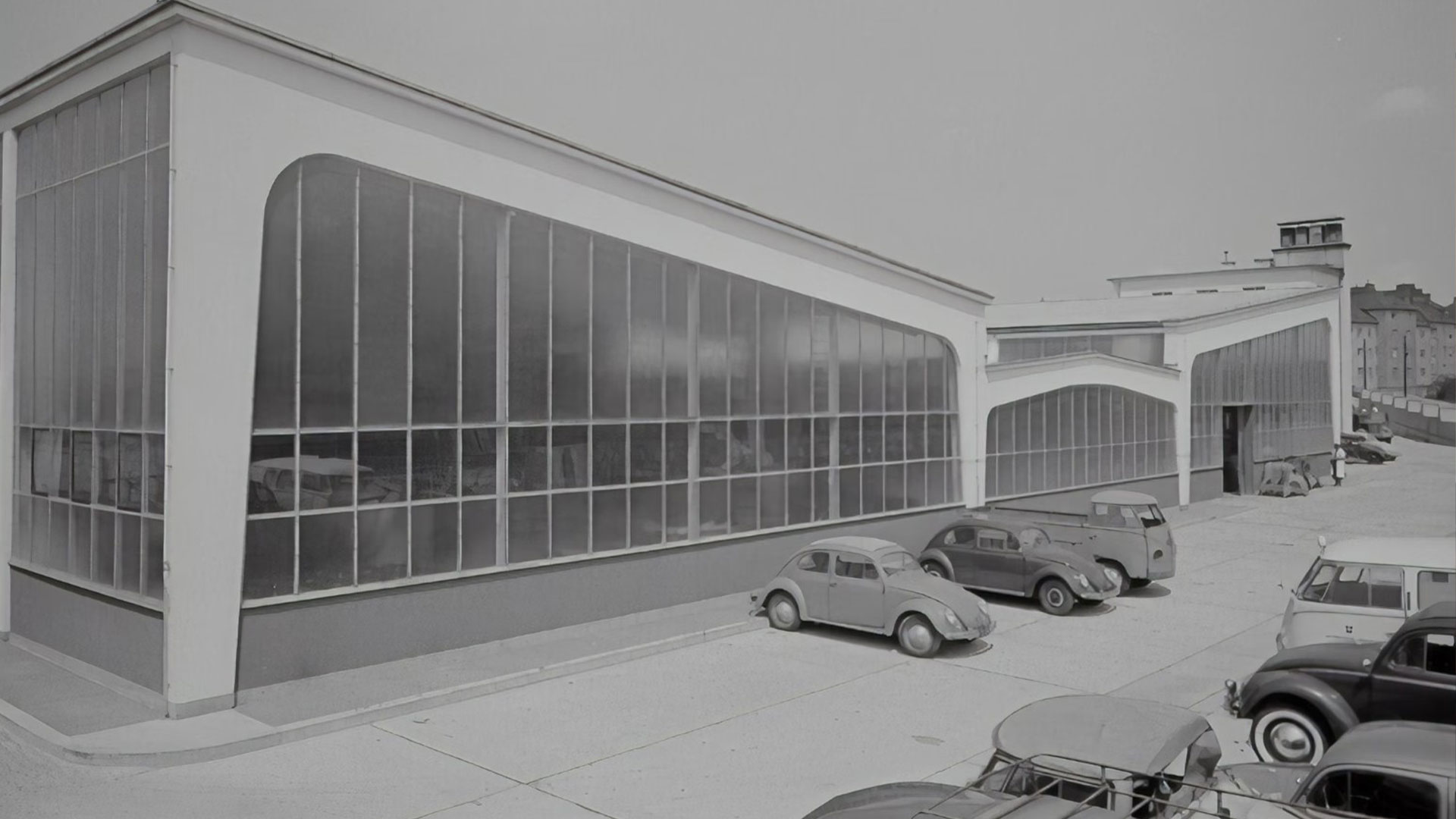
Car dealerships are not losing importance
29 Jul - 2022
Panoff Consulting recently presented its latest study "The Future of Customer Experience". We looked at...
- 2022
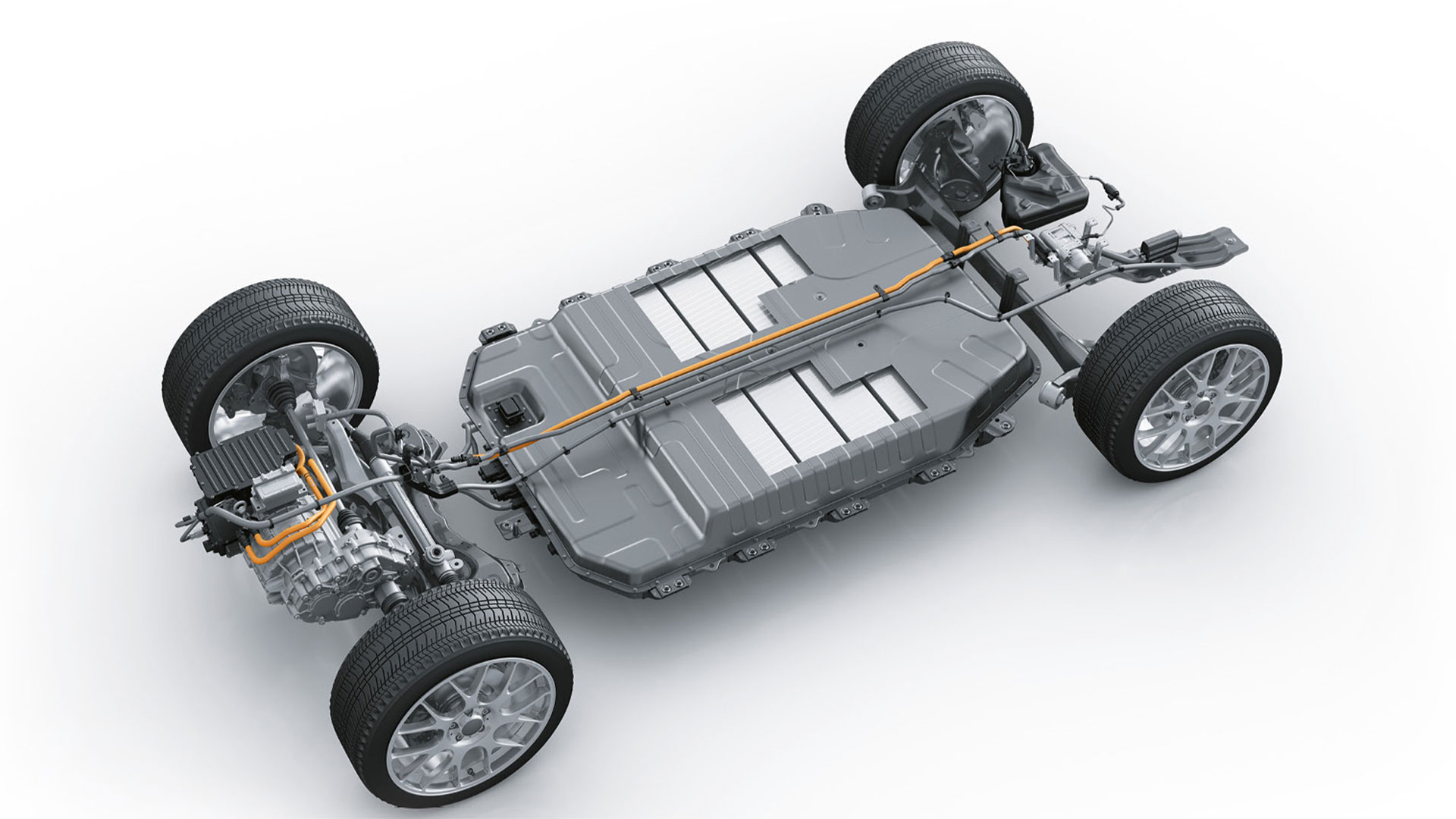
E-Volution – «Let’s take a look, then we’ll see»
05 Feb - 2022
Hardly any other industry has been overrun by so many changes at the same time...
- 2021
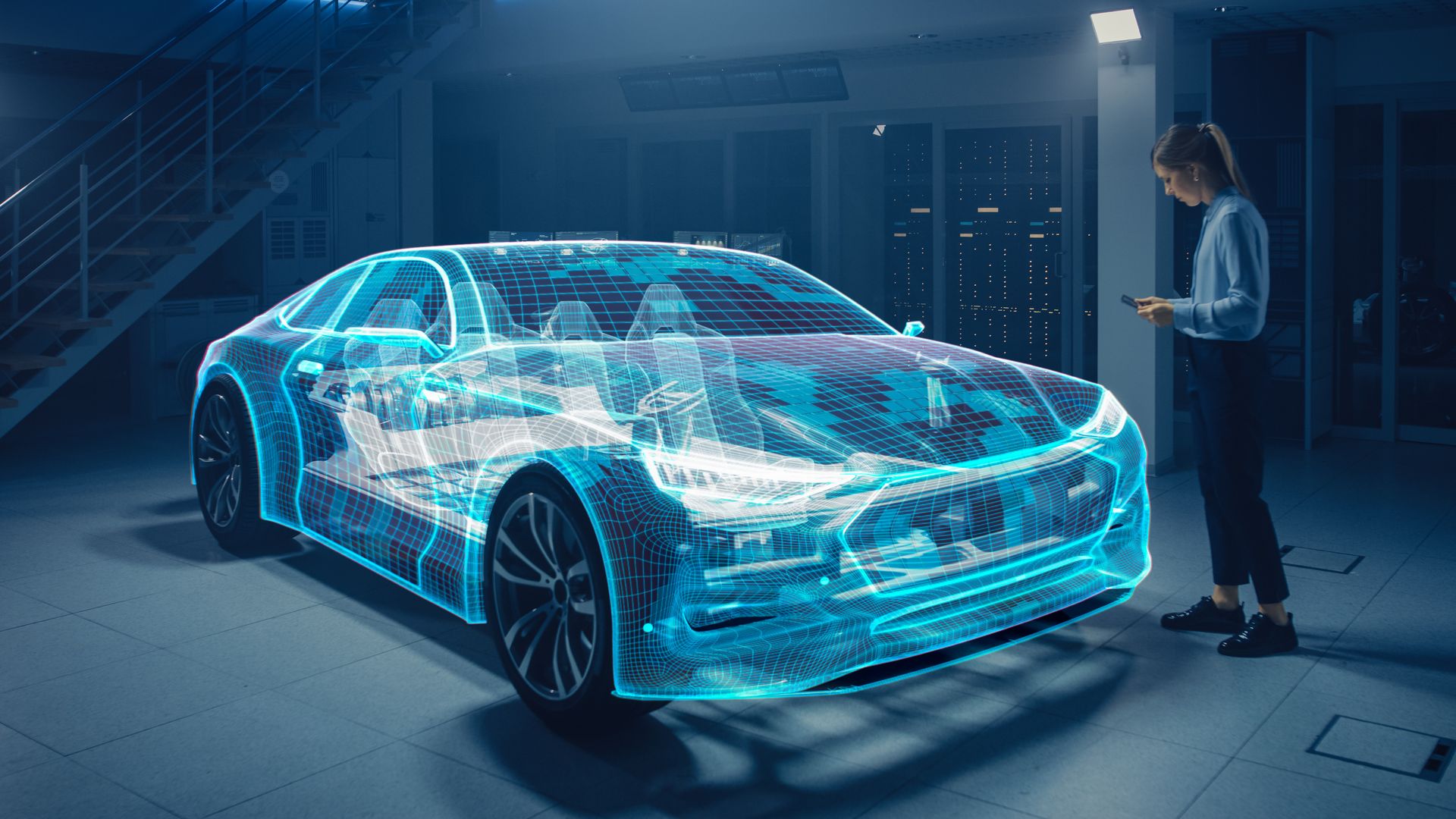
Study: Half of the digitization potential is still undiscovered
29 Nov - 2021
Whether you're a car enthusiast or someone who sees their car as a commodity, whether...
- 2021

Summer Report Panoff Consulting
05 May - 2021
Last week, we met up for our annual summer event. We used this opportunity to...
- 2021
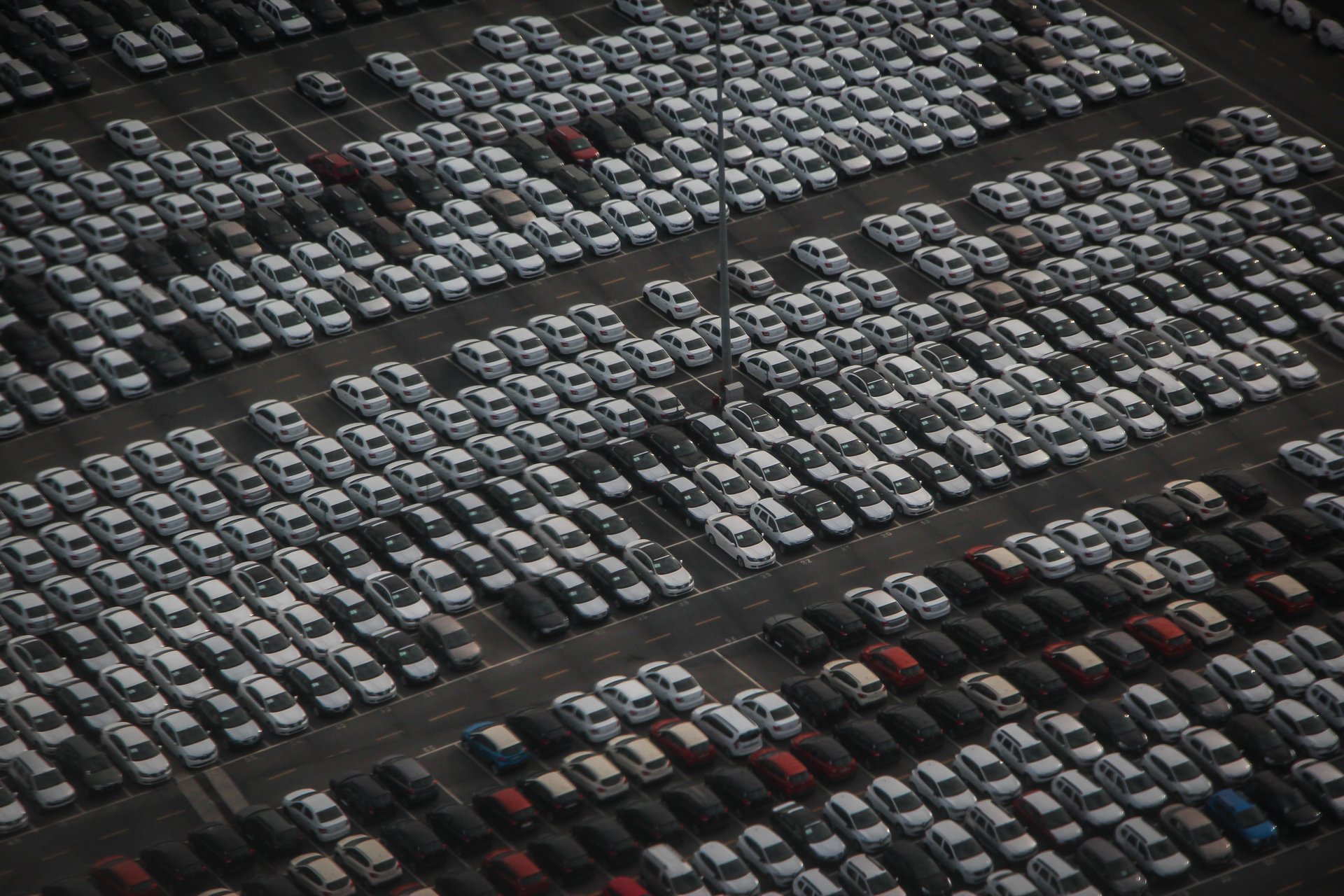
Dead end automotive retail – How sustainable is the automotive retail business?
21 Apr - 2021
In 2011, I sold my 5th generation car dealership: a painful process that was associated...
- 2021

MaaS in a practical test – Can car sharing prevail over traditional car ownership?
25 Mar - 2021
MaaS (Mobility-as-a-Service) has become increasingly popular in recent years. MaaS vehicles are clearly visible on...
- 2021

Technological turnaround and more efficient sales structures – established OEMs must be flexible
19 Feb - 2021
Since the mid-2000s, Chinese OEMs have repeatedly made efforts to gain a foothold in the...
- 2021

The new mobility: sharing and subscriptions instead of purchasing and ownership
20 Jan - 2021
To illustrate the complexity graphically, we have taken five exemplary mobility solutions and plotted them...
- 2020

Effects of electrification in the car trade
01 Sep - 2020
What effects can be derived from the conversion of vehicles from combustion engines to electric...